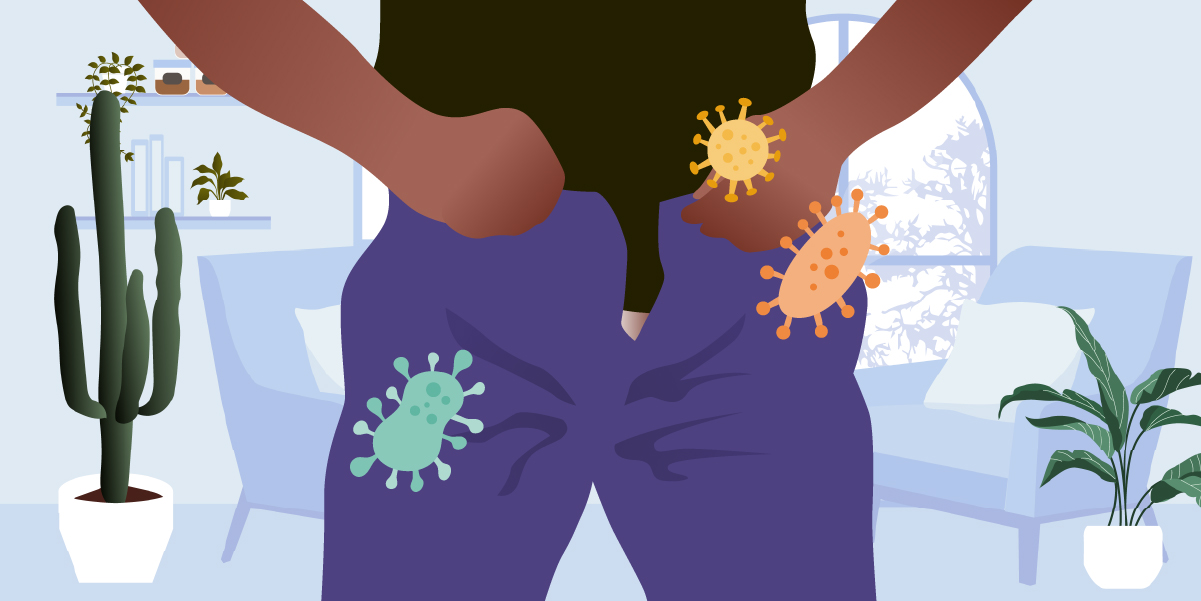
Penis health isn’t talked about enough, and when it is, it’s usually all about erectile dysfunction. But the thing is, not being aware of your penis health—and how to take care of it—can impact more than just your sex life. Left unchecked, it might even lead to other health issues down the line. That includes experiencing penile pain, not being able to urinate properly, and infertility. That’s why learning more matters.
This guide is here to walk you through the most common penis health conditions, how to keep things in good shape, and what factors might affect it along the way.
What Affects Penis Health?
Let’s start with the factors that affect your penis health. Some of them are within your control, while others cannot be changed:
1Age

One of the factors you can’t control when it comes to penis health is age. Once you hit your 40s, your testicles start producing less testosterone, the hormone that helps maintain your sex drive. You might also notice some physical changes in your penis, like a shift in color, smaller testicles, or even a slight curve in the shaft.
2Hormone Levels
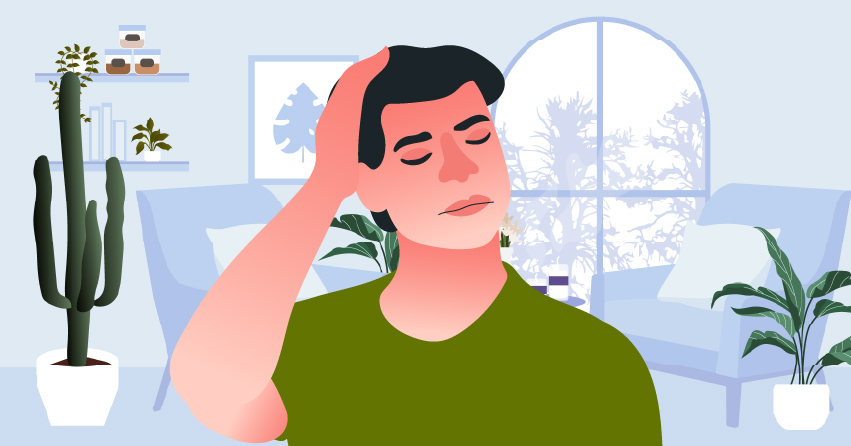
Another key factor that can affect your penis health is hormones. While they might sound like minor players, hormones are crucial in keeping your body running smoothly. They act as messengers, traveling through your bloodstream to regulate and coordinate a wide range of bodily functions, including those related to sexual health.
Take testosterone, for example. This is the primary male sex hormone responsible for the development of male sexual organs and characteristics. Testosterone levels typically peak during your late teens to early 20s, but it’s completely natural for them to decline gradually as you age.
When testosterone levels dip, it can lead to noticeable changes in your body. Penis size and shape may shift, pubic hair can thin out, and there might be changes in testicle appearance. It can also impact your sex drive, make it harder to get or maintain erections, and even affect ejaculation.
3Hygiene
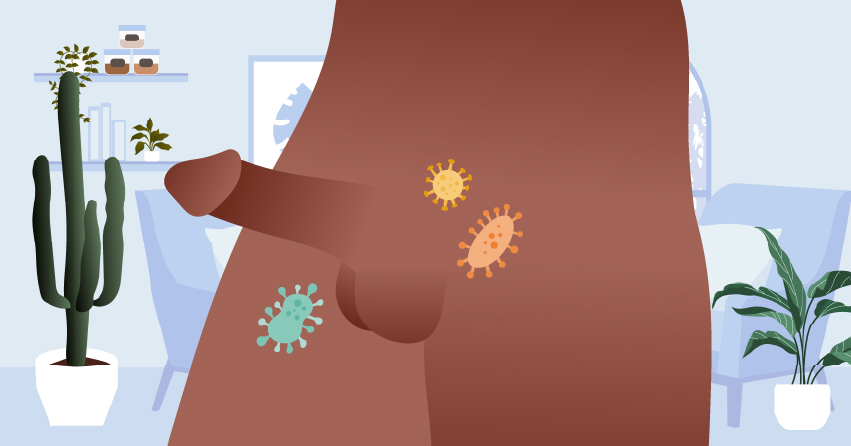
Hygiene plays a vital role in maintaining penis health. When the area isn’t cleaned properly, or unsafe products are used, it can lead to skin irritation, discomfort, or even infections. However, this is one factor you can control. With consistent and proper penis care, you can help prevent these issues.
4Sex

Your sex life can have a major impact on your penis health. If you’re not practicing safe sex, like using condoms, applying lubricant, and limiting the number of sexual partners, you risk contracting sexually transmitted infections (STIs) such as syphilis, gonorrhea, or HIV. Beyond infections, being careless in the bedroom can also lead to physical issues like penile fractures, friction burns, and other injuries.
5Medications

Certain medications can also affect your penis, particularly your ability to get or maintain an erection. This is because some drugs can interfere with blood flow, hormone levels, or nerve signals, all of which play a role in sexual function. Medications for mental health conditions, high blood pressure, antihistamines, treatments for Parkinson’s disease, and even chemotherapy are just a few that may have side effects impacting your sexual health. You can check this blog right here to see the full list of medications that affect erection.
6Overall Lifestyle
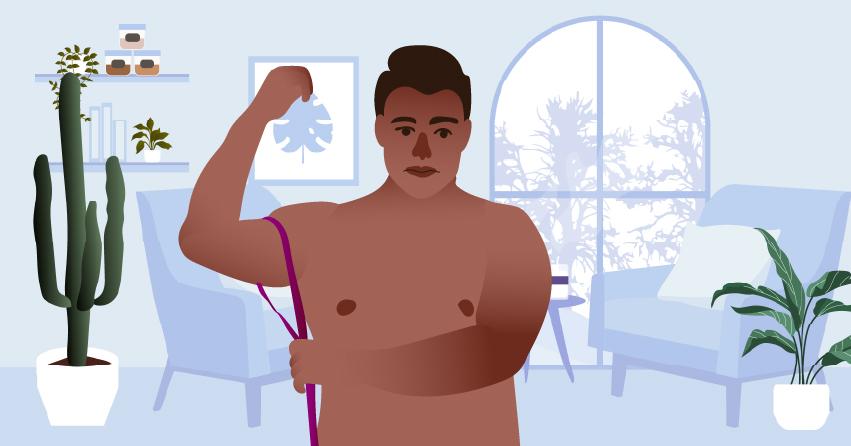
Just like any other part of your body, your penis can be affected by your lifestyle choices. Not getting enough sleep, regularly indulging in vices like smoking or excessive drinking, eating overly processed foods, and other unhealthy habits can eventually take a toll. Over time, these choices may lead to issues like erectile dysfunction and other health concerns.
Medical Conditions Affecting Penis Health
Aside from the factors that affect penis health, it’s also important to be aware of the conditions that can impact it. One of the most common is:
1Erectile Dysfunction
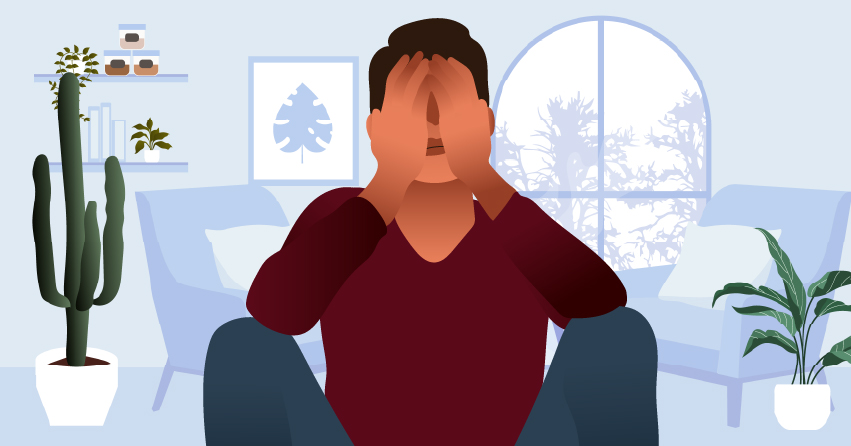
Erectile dysfunction refers to the inability to get or maintain an erection firm enough for sexual activity. This condition can lead to feelings of sexual frustration, low self-esteem, and even reduced libido, especially when the pressure to perform causes stress or anxiety.
ED can be caused by a variety of physical and psychological factors. Some common physical causes include heart disease, diabetes, high blood pressure, Parkinson’s disease, Peyronie’s disease, multiple sclerosis, and hormonal imbalances like low testosterone. Lifestyle habits like excessive alcohol or drug use can also contribute. In some cases, it can also be a side effect of certain medications.
2Retrograde Ejaculation

This is the rarest and often most complicated of the three ejaculation issues. In this condition, ejaculation doesn’t happen as expected. Instead of semen exiting through the urethra, it flows backward into the bladder. One of the signs is cloudy urine after orgasm, as semen mixes with the urine.
Retrograde ejaculation occurs when the muscles at the neck of the bladder, which are supposed to close during ejaculation, don’t function properly. As a result, semen ends up traveling into the bladder rather than out of the body.
This can happen due to damage to those muscles, often caused by surgeries involving the prostate or bladder. It can also be linked to chronic conditions like diabetes or multiple sclerosis, as well as taking certain medications like alpha-blockers (often prescribed for high blood pressure or prostate issues).
3Sexually Transmitted Infections

Sexually transmitted infections or STIs are one of the most serious conditions that can affect your penis health. These infections are primarily spread through unprotected sex, such as not using condoms or not taking preventive medications like PrEP (pre-exposure prophylaxis). Some STIs are treatable, while others are lifelong conditions that require ongoing management and treatment.
Here are some common STIs that can affect penis health:
- Chlamydia
- Gonorrhea
- Syphilis
- Herpes
- Hepatitis A
- Hepatitis B
- Human papillomavirus (HPV)
- Human immunodeficiency virus (HIV)
STIs can cause a range of symptoms like penile pain, sores, and inflammation, and may also lead to complications like infertility or increased risk of other infections. That’s why regular testing and safe sex practices are key to prevention.
4Yeast Infection
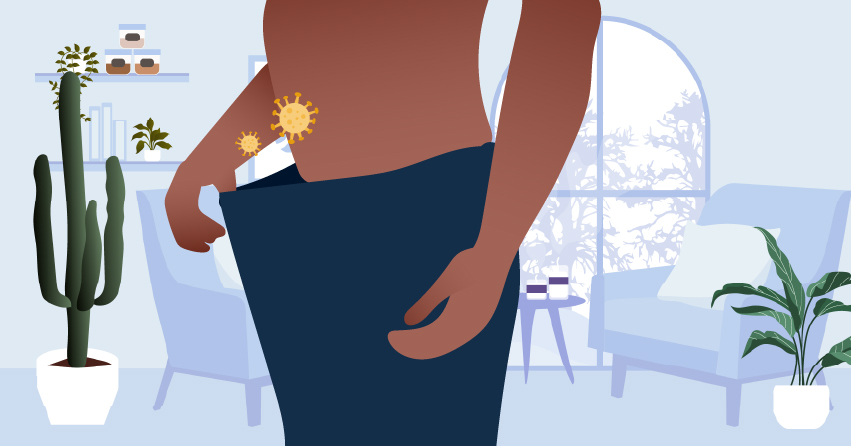
Yeast infections aren’t just a “women’s issue.” Men can get them, too, especially those with poor penis hygiene or those who’ve had sex with a partner who has a vaginal yeast infection.
Symptoms of a penile yeast infection include:
- Itching or burning around the head of the penis
- Thick, white, and foul-smelling discharge
- Redness or blisters
- Difficulty pulling back the foreskin
This condition is usually easy to treat with antifungal medication. If you start experiencing any of these symptoms, consult a doctor promptly to clear up the infection and prevent discomfort from worsening.
5Anorgasmia

Anorgasmia is a condition where a person has difficulty reaching orgasm—or, in some cases, can’t orgasm at all, even when they enjoy sex and receive adequate sexual stimulation.
In men, this condition is categorized into two types: primary anorgasmia, where a person has never experienced an orgasm, and secondary anorgasmia, where orgasms occur but are infrequent or difficult to achieve.
There are several possible causes, including:
- Aging
- Certain medical conditions
- Surgeries near the genitals
- Cancer treatments like chemotherapy or radiation
- Depression or emotional stress
- Sexual repression or intense shame around sex
- Relationship or intimacy issues with a partner
6Priapism
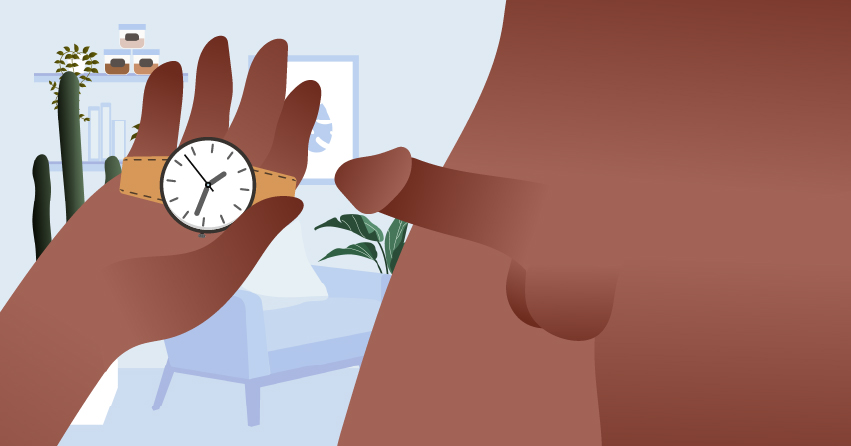
Priapism is a rare but serious condition where an erection lasts much longer than it should. These prolonged erections can last for hours and often become painful. According to the Mayo Clinic, priapism is more common in individuals with sickle cell disease, but it can also be linked to:
- Certain medications
- Spinal cord injuries
- Blood disorders
- Use of erectile dysfunction drugs or recreational substances
Priapism is considered a medical emergency. If left untreated, it can lead to permanent damage to the penis. If you or someone you know experiences an erection that won’t go away, seek medical help immediately.
7Peyronie’s Disease

Peyronie’s Disease is another condition that can affect your penis health, causing the penis to become curved and, in some cases, lose its length or girth. Common symptoms include painful erections, noticeable lumps or hard areas in the shaft, softer erections, and discomfort during sex. The root cause is scar tissue forming under the skin of the penis.
This condition typically progresses in two stages:
- Acute Peyronie’s Disease: This is the initial stage, lasting between 6 to 12 months. During this stage, scar tissue begins to form, leading to changes in the shape of the penis. Erections can be painful during this time.
- Chronic Peyronie’s Disease – This occurs when the scar tissue has stopped growing, and the curvature becomes stable. While the pain may ease up, erection problems can continue.
8Paraphimosis
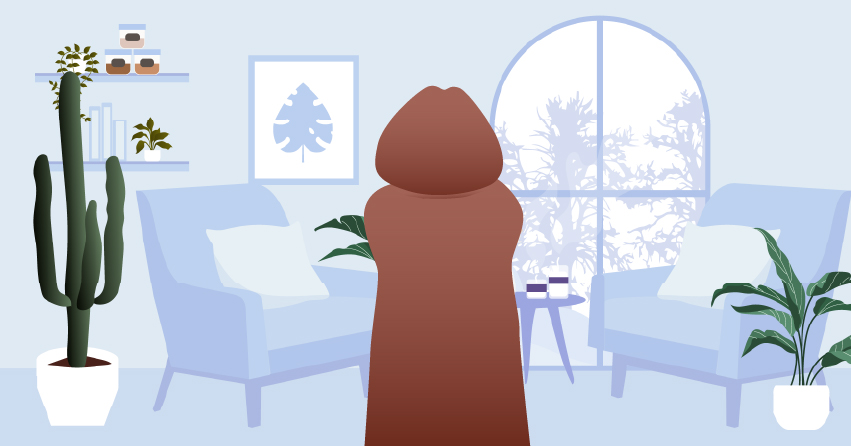
It happens when the foreskin becomes trapped behind the head (glans) of the penis and cannot be moved back to its normal position. This can result from infections, physical trauma, or using too much force when retracting the foreskin.
Paraphimosis is not just painful—it’s also a medical emergency. If left untreated, it can restrict blood flow and lead to serious complications, so immediate medical attention is essential.
9Phimosis

Phimosis is essentially the opposite of paraphimosis. It occurs when you have difficulty pulling back the foreskin of your penis. This condition can come with other symptoms like swelling of the penis, pain while urinating, blood in the urine (also known as hematuria), and even discoloration of the penile skin.
There are two types of phimosis: physiologic and pathologic (also referred to as congenital). Physiologic phimosis is common in young boys and typically resolves on its own over time as they grow older. Pathologic phimosis, however, can occur later in life and is often caused by conditions like lichen sclerosus, an inflammatory skin disorder that affects the genital area. This form of phimosis might require medical attention or treatment, depending on the severity.
10Chronic Penile Skin Conditions
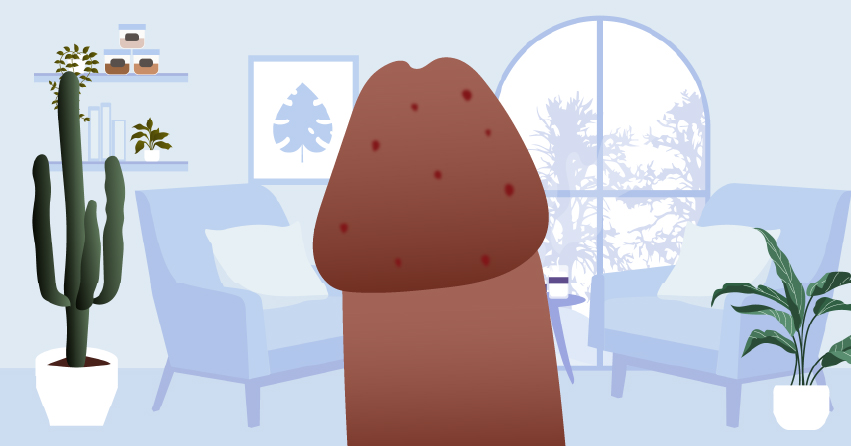
The skin on your penis can be affected by a variety of general skin conditions, such as contact dermatitis, lichen sclerosus, lichen planus, Zoon’s balanitis, psoriasis, genital warts, scabies, and even local skin cancers. Each of these conditions comes with its own set of symptoms and visible signs, so if you notice anything unusual—like marks, rashes, or persistent irritation—it’s best to consult a doctor for proper diagnosis and treatment.
11Penile Fracture
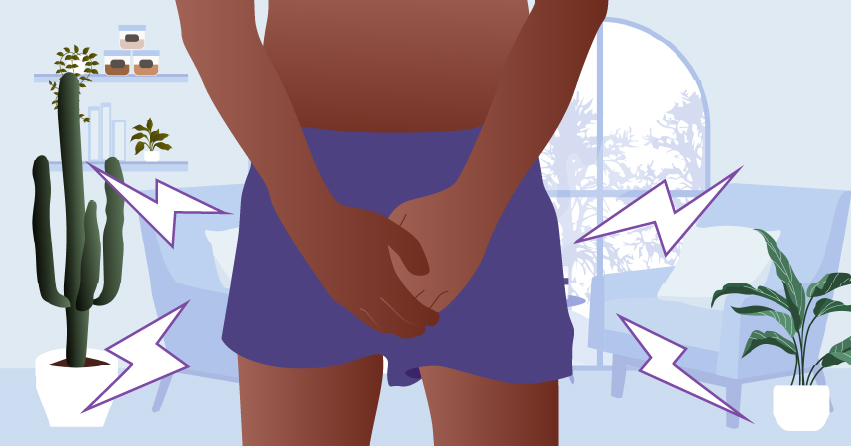
Though it may sound unlikely, penile fracture is a real and serious condition. It usually happens when the penis is forcefully bent during sex, rough handling, or even contact sports. If you experience a sudden popping sound, intense pain, or swelling, seek medical attention right away. Leaving it untreated can result in long-term complications, including permanent damage or erectile issues.
12Penile Cancer
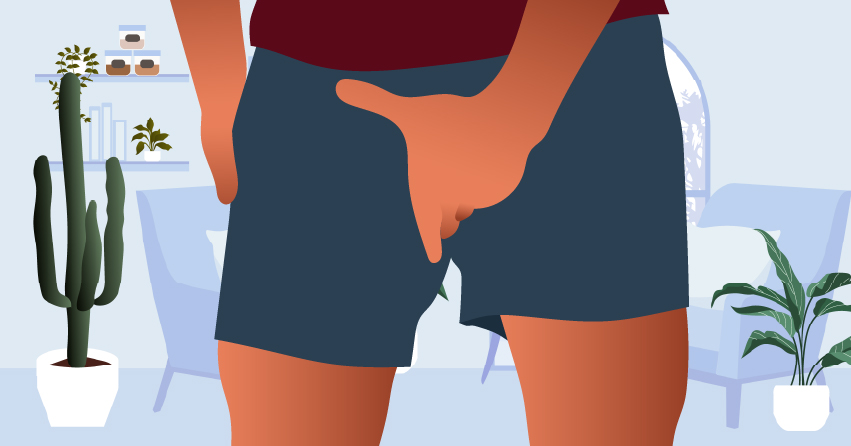
Penile cancer is a rare but serious condition where abnormal cell growth begins in the tissues of the penis. The most common types include squamous cell carcinoma (also known as epidermoid carcinoma), melanoma, sarcoma, and basal cell carcinoma. Symptoms vary depending on the type, but may include changes in the color or thickness of the skin, bluish or brownish lumps, strong-smelling discharge, open sores, rashes, crusty bumps, or swelling. If you notice any of these symptoms, consult your healthcare provider immediately for evaluation.
Tips to Maintain a Healthy Penis
After learning about the different factors and common conditions that can affect penis health, it’s completely normal to feel a bit concerned. While we cannot predict exactly what the future holds, there are proactive steps you can take to help reduce your risk. Here are some simple but effective ways to support your penis health:
1Keep your penis clean.
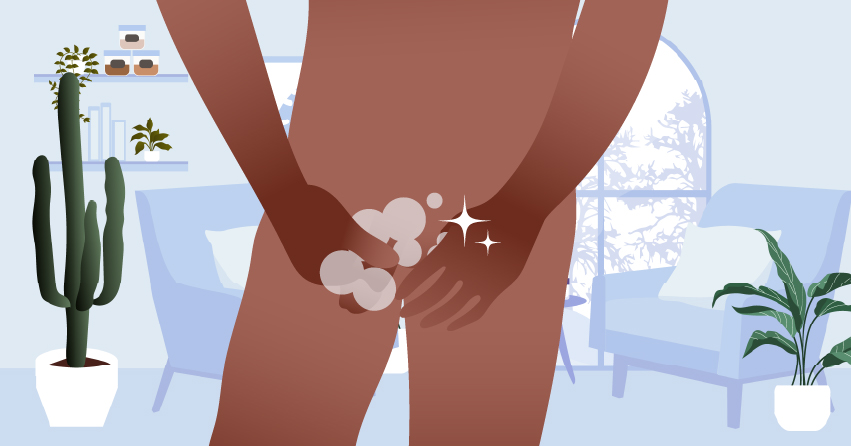
Cleaning your penis properly is one of the simplest yet most effective ways to take care of your penis health. Regular cleaning helps prevent irritation, infection, and other hygiene-related conditions.
When washing, use a gentle soap specifically designed for sensitive areas—ideally, one that’s unscented, uncolored, and free from harsh chemicals. If you’re uncircumcised, don’t forget to gently pull back the foreskin and clean underneath to avoid buildup.
2Always practice safer sex.

Using condoms and/or taking preventive medications like PrEP (for HIV prevention) helps protect you from sexually transmitted infections (STIs), which can seriously impact your penis health and overall well-being. Limiting sexual partners and getting tested regularly also helps keep you and your partners safe.
3Wear a protective cup during contact sports.
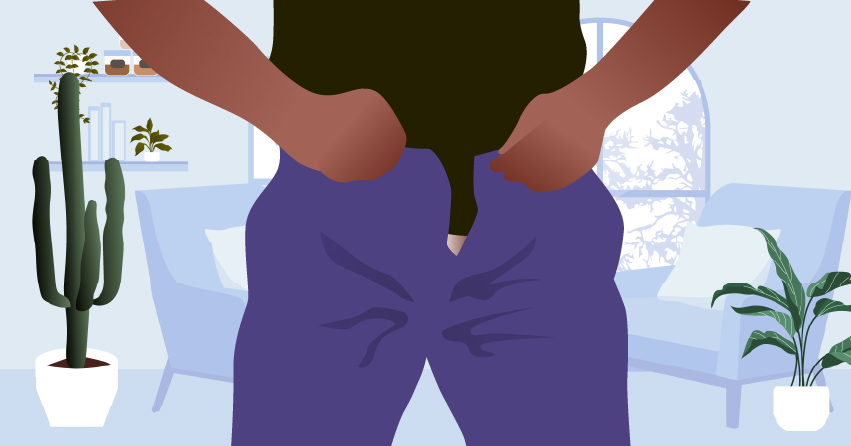
If you play contact sports or activities where injury is possible (like martial arts or cycling), wearing a protective cup can help prevent trauma to your penis. Accidents can cause bruising, fractures, or long-term damage.
4Lead a healthy lifestyle.

Your penis health is connected to your overall health. Eat a balanced diet, exercise regularly, limit alcohol, and avoid smoking or drug use. These habits support healthy blood flow, hormone levels, and mental wellness, all of which are important for sexual health and function.
5Consult a doctor immediately for any irregularities.
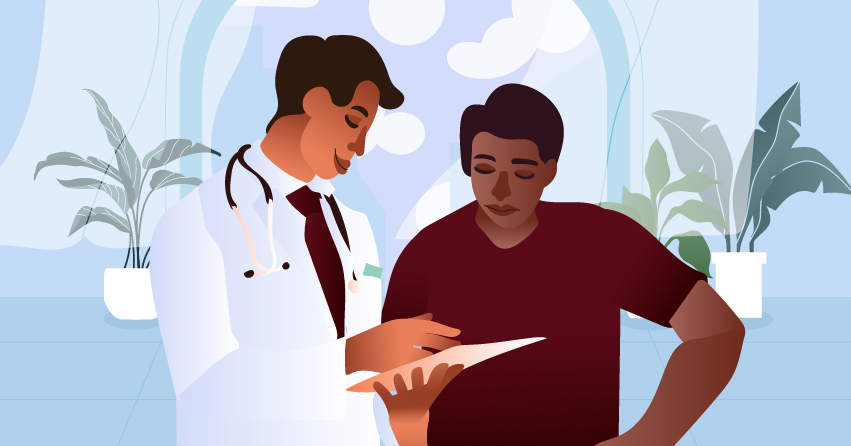
If you notice any pain, lumps, discharge, changes in color or shape, or other unusual symptoms, don’t wait it out or self-diagnose. Reach out to a healthcare provider as soon as possible! Early consultation can help catch and treat conditions before they become more serious.
Takeaway
Penis health is often overlooked, but it deserves just as much attention as any other part of your body. We hope this guide helped shed light on why it matters and how you can care for it better.
For any specific concerns or unusual symptoms, consult a healthcare provider or urologist. Your well-being matters, so never hesitate to prioritize it!


